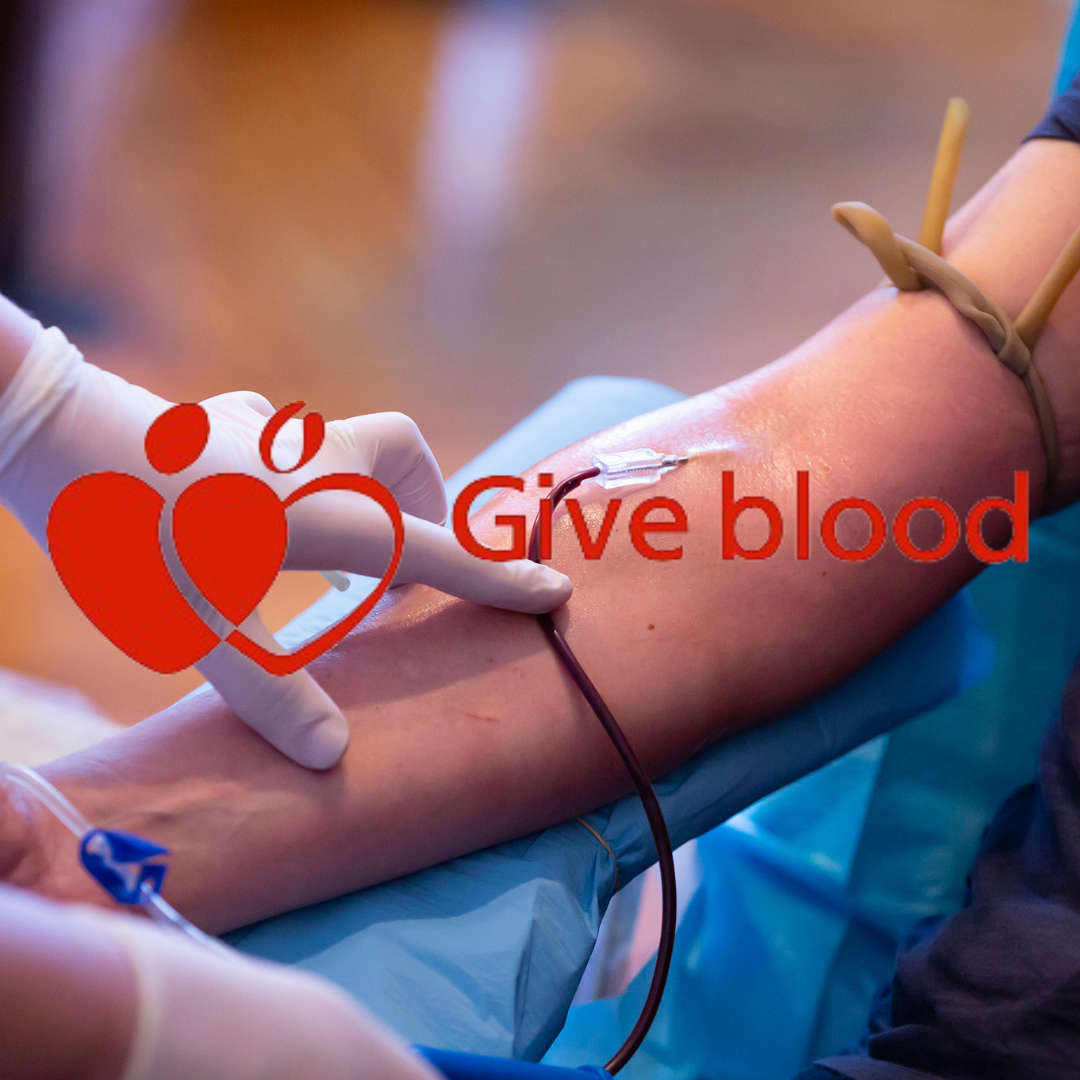The NHS has renewed an urgent plea for more blood donors due to a critical shortage of O negative and positive. National stocks fell to “unprecedentedly low levels” after a huge increase in demand from hospitals and thousands of unfilled appointments at donation centres. NHS Blood and Transplant yesterday issued an “amber alert”, asking staff to restrict the use of O type blood to essential cases and to use substitutions if possible.
Every minute, the NHS needs 3 lifesaving blood donations - everything from emergency surgery, to the precious blood that keeps people with sickle cell healthy.
Sickle cell is more common in people of Black heritage. To get the best possible treatment, people with sickle cell need blood that closely matches their own. This often comes from donors of the same ethnicity.
That's why they particularly need donors of Black heritage to sign up and start giving.
They also particularly need O negative and O positive donors to book an appointment. O negative can be given to anyone in emergencies, and O positive is blood type most commonly requested by hospitals. 
The service needs new blood donors from all backgrounds to ensure there is the right blood available for patients who need it.
Specifically, the NHS Blood and Transplant service need,
- 4,300 blood donations every day on average to meet the needs of our hospitals
- over 140,000 people to donate blood for the first time this year
- 12,000 new Black heritage donors, to meet the growing demand for ethnically matched blood for sickle cell patients who need regular transfusions to stay alive
- more young people aged 17-35 to donate, to ensure they have enough blood for the future.
What are the rarest blood types?
There are eight main blood types, but some are rarer than others. The list below shows the percentage of donors with each blood type:
- O positive: 35%
- O negative: 13%
- A positive: 30%
- A negative: 8%
- B positive: 8%
- B negative: 2% (that's me!)
- AB positive: 2%
- AB negative: 1%
*Data accurate at December 2018. Percentage figures have been rounded to the nearest whole number.
Which blood types are compatible?
You can receive blood from a donor with the same blood type as you.
You can also receive blood from a donor with a compatible blood type.
Similarly, a person with a different blood type to you may be able to safely receive your blood.
O negative blood is known as the universal blood type because it is safe for everyone to receive O negative red cells.
Become a blood donor now and save up to 3 lives in 1 hour. Find out how to donate HERE
The registration process will take around 5 minutes.
